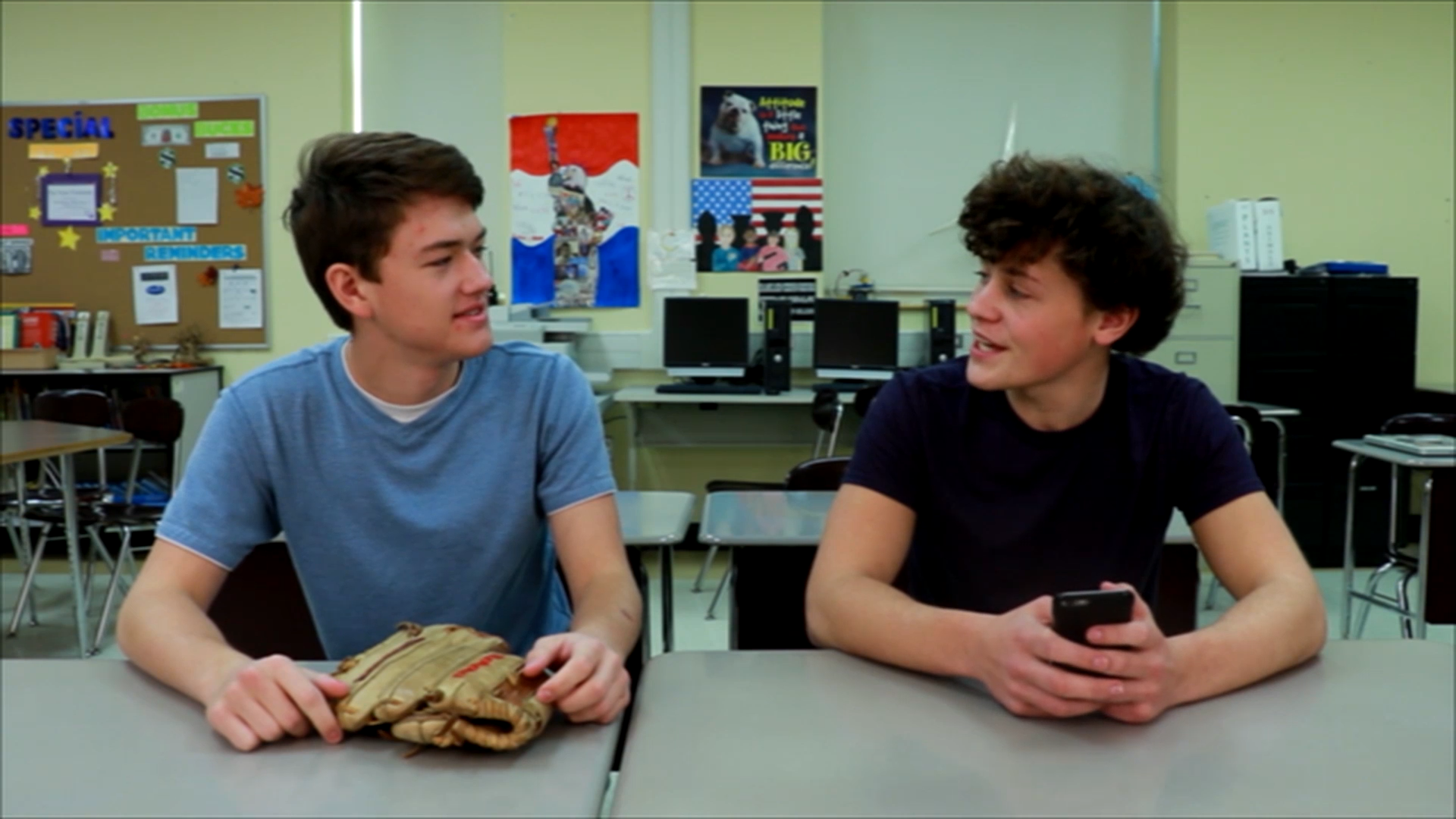Introduction
As educators, we continuously strive to help our students develop strong social skills and form meaningful connections with their peers. One effective way to encourage students to build relationships is by identifying and discussing shared interests. By engaging in conversations about common hobbies or activities, students can establish a sense of camaraderie and strengthen their social-emotional learning abilities.
No-Prep Activity: The Interest Matching Game
This activity is designed for elementary students and requires no preparation or materials from the educator. The Interest Matching Game encourages students to discuss their hobbies and discover common interests with their classmates.
- Ask students to sit in a circle.
- Begin by sharing one of your interests (e.g., “I enjoy reading books”).
- Invite the student to your left to share an interest.
- Continue clockwise around the circle, with each student sharing an interest.
- After each student has shared, ask if anyone else in the circle shares that interest. If so, they should raise their hands and say, “I also enjoy [interest].” This allows students to identify shared interests and potential conversation topics with their peers.
- Repeat this process for a few rounds to give students the opportunity to discover multiple shared interests.
By participating in this activity, students will practice listening, communication, and social skills while forming connections with their classmates.
Discussion Questions
After completing the Interest Matching Game, engage your students in a conversation using the following discussion questions:
- How did it feel to discover that you have shared interests with your classmates?
- What new interests did you learn about from your peers? Are there any that you would like to explore?
- Why do you think it’s important to have shared interests with our friends and classmates?
- How can we use shared interests to start conversations and get to know others better?
- Can you think of a time when you made a friend by talking about a shared interest? Share your experience with the class.
Related Skills
Beyond shared interests, there are other important skills that contribute to students’ social-emotional learning. Some of these skills include:
- Active listening
- Empathy and understanding
- Respect for others’ opinions and feelings
- Conflict resolution and problem-solving
- Collaboration and teamwork
By nurturing these skills, educators can help students develop healthy, meaningful relationships with their peers.
Next Steps
Want to explore more activities and resources to support your students’ social-emotional learning? Sign up for free samples of skill-building materials at Everyday Speech. By incorporating these resources into your lesson plans, you can help your students grow and thrive in their social interactions.






